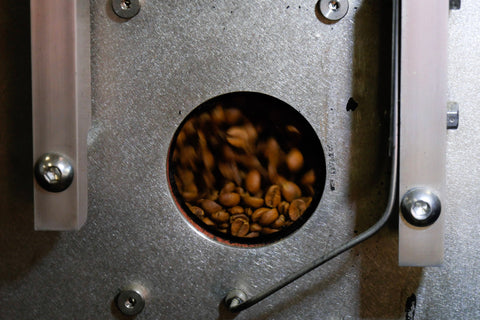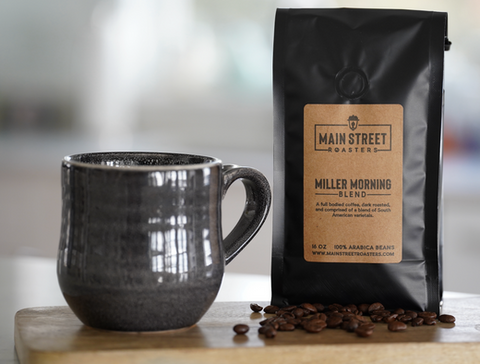As a member of the Specialty Coffee Association of America, Main Street Roasters adheres to a higher grade of coffee that is typically produced with greater attention to detail and quality. Sourcing high-quality beans, precise roasting techniques, and meticulous brewing methods. The focus is on highlighting the unique flavors and characteristics of the coffee beans.
Regarding the claim that mycotoxins are responsible for coffee's bitterness, it appears to be incorrect. The bitterness of coffee is primarily determined by the amount of tannins present, not mycotoxins.
While it's always a good idea to purchase high-quality products, paying extra for mycotoxin-free coffee beans may not be necessary. As long as the coffee beans meet the established safety standards and guidelines, the levels of mycotoxins are unlikely to cause harm.
However, it is worth noting that specialty coffee tends to be sourced from specific regions and farms that adhere to strict quality control measures. This includes rigorous testing and inspection of coffee beans to ensure they meet certain quality standards. These practices can help minimize the risk of mycotoxin contamination. Roasting at appropriate temperatures can help mitigate mycotoxin contamination in coffee beans, including the reduction of aflatoxins.
In summary, while specialty coffee may not guarantee complete absence of mycotoxins, the focus on quality control and the roasting process can contribute to reducing potential mycotoxin levels.
If you have concerns about consuming coffee due to mold or mycotoxins, it would be best to consult with a qualified healthcare professional or a registered dietitian. They will be able to provide you with personalized advice based on your specific health needs and concerns.
Thank you,
Your Friends at Main Street Roasters






Comments (0)
There are no comments for this article. Be the first one to leave a message!